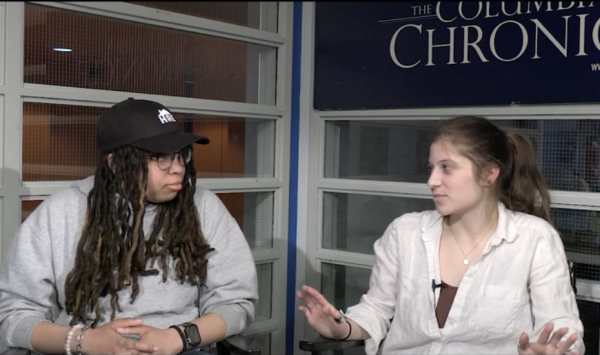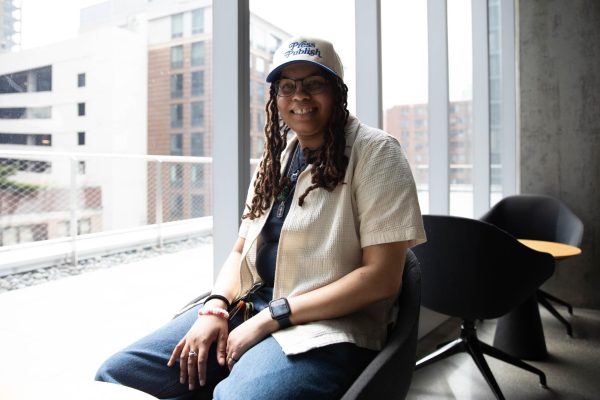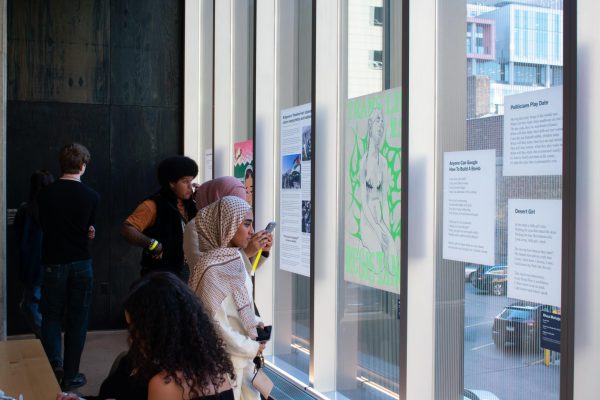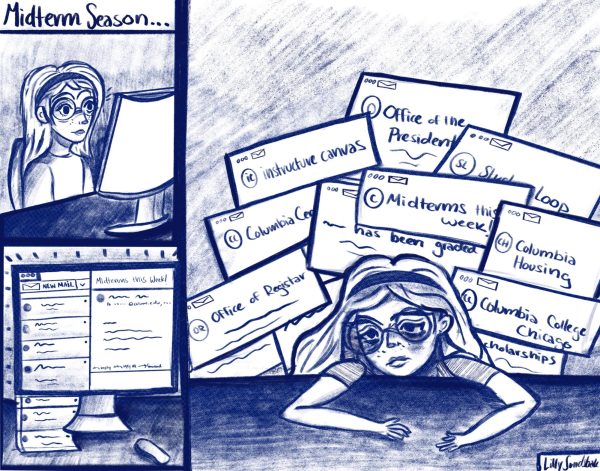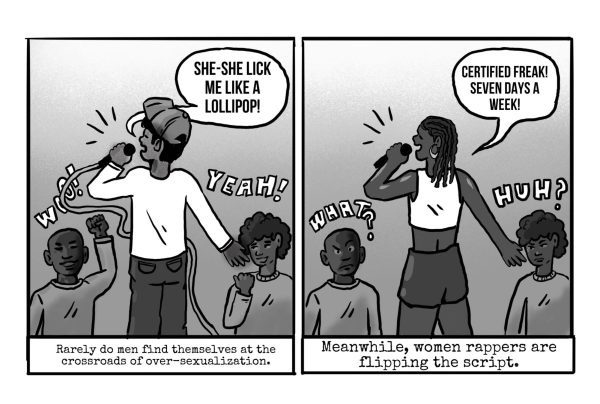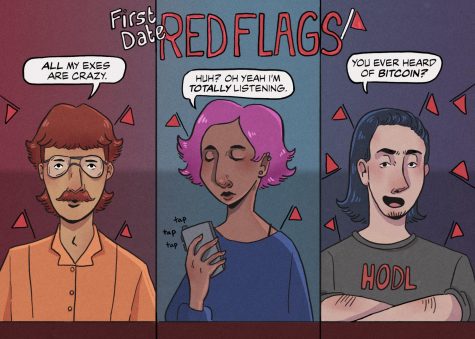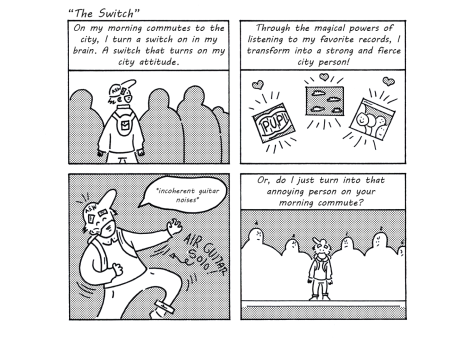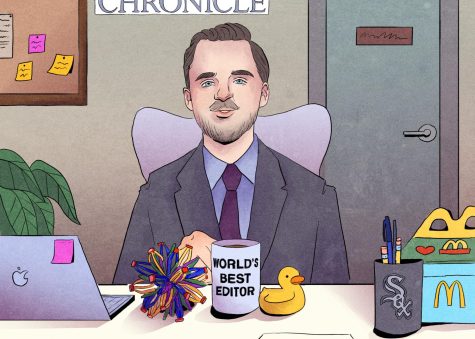Academic advisers need presence on campus
March 30, 2009
Each year, hordes of freshmen and transfer students arrive at Columbia with one goal in mind—to further develop their passion for the arts into a career.
But what about students who come to the college without a specific passion in mind?
As reported in the March 16 issue of The Chronicle, Louise Love, vice president of Academic Affairs, announced at the annual State of the College address on March 12 that the college hopes to improve its advising practices, specifically for new students.
The new policy would call for students who have not declared a major and have less than 30 credit hours to meet with an academic adviser instead of a departmental faculty adviser to better aid the student in honing in on a desired field of study.
Columbia is right in recognizing this challenge that exists for some students. The college can be an intimidating place, especially for freshmen and transfers who are more accustomed to a less than hands-on collegiate learning experience.
Instead of students wasting their credits and tuition dollars in a department they will end up not liking later on, it is due time that there is an outlet for students who have not decided on a major, but are still just as passionate about attending Columbia. The policy has potential to be a real success, if implemented in the correct way.
Currently, the most common complaint that comes up regarding the college’s advising practices is the lack of presence the advisers have on campus. In a school of 12,000, it’s impossible for the advisers to reach out to every single body on campus. But if the college plans to make changes with its advising policies—especially for those who are new to the college—advisers need to be seen more and need to work harder on promoting the new program.
This means that obtaining appointments with the appropriate adviser shouldn’t be filled with headaches, and students need to receive the right information—information that pertains to the area of interest they express.
If students are unable to meet with their advisers to discuss prerequisites or course requirements, many turn to the online advising guide that currently exists on Oasis—a system that hasn’t seemed to be updated in quite some time, and we all know how flawed it can be.
College is a lifetime investment, and in order for students to get the most out of the experience, advisers need to be available and there to guide us through the process.


